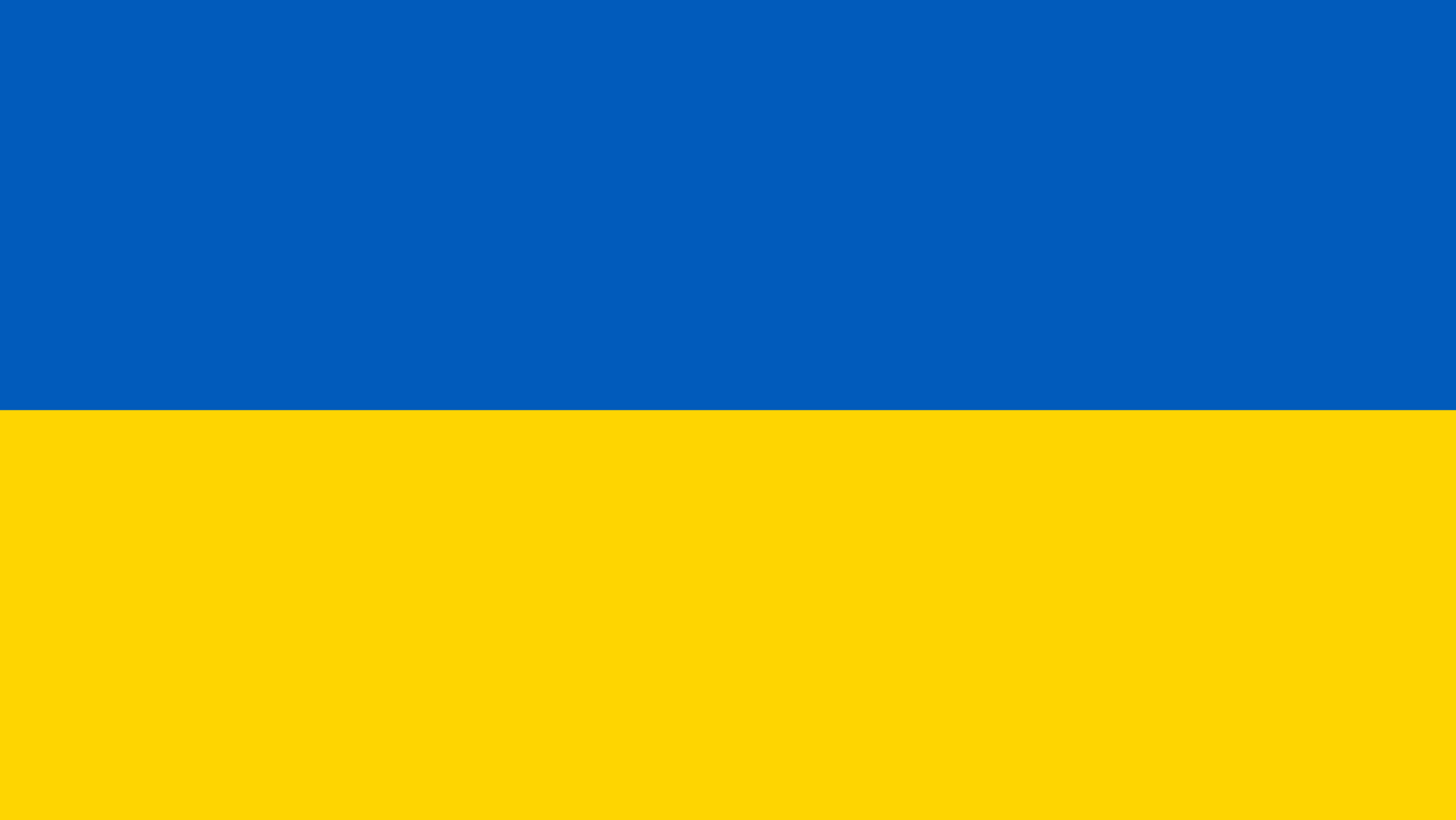The Government met today to consider further the serious security and political situation with the war in Ukraine, including the humanitarian response to people fleeing Ukraine and seeking protection in Ireland.
Today the Government decided to:
- Ramp-up the humanitarian response in order to provide accommodation and other essential supports rapidly and at scale;
- Agree an emergency support scheme for the licensed road haulage sector, at an estimated cost of €18 million; and
- Accept from Moldova up to 500 people who have fled from Ukraine given the extreme pressure being faced by Moldova in the current circumstances.
Russia’s ongoing military aggression against Ukraine includes indiscriminate attacks on civilians and civilian infrastructure and the use of weapons that are prohibited. It must cease immediately for the sake of the lives and safety of people in Ukraine. Russia’s actions are simply unacceptable and the Government reiterates its strong solidarity with the Government and people of Ukraine.
The Department of Foreign Affairs remains in ongoing contact with Irish citizens registered in Ukraine.
Given the current circumstances there, they are advised to shelter in a secure place, and only to consider leaving Ukraine if they judge it safe to do so.
The Government considered a number of challenges now arising for Ireland’s and, Europe’s economies, particularly the impact of rising energy costs – given the very significant increases in wholesale prices and supply constraints in the international markets for gas and oil – which are feeding through to increases in retail prices for all domestic consumers, and for businesses, agriculture and industry.
The Government will continue to examine what measures may be taken to manage the energy supply and price impacts.
The significant retail price increases announced today by Bord Gáis Energy are a matter of strong concern to the Government, particularly the impact on low income households. Russia’s invasion of Ukraine has seen unprecedented levels of price increases and volatility in energy markets.
While it may not be possible to shield consumers from the full impact of these increases, the Government has already taken a number of significant actions to ease the impact of energy price increases, including:
- the €125 increase in the fuel allowance to be paid this week to 372,000 households;
- the increase in the fuel allowance by €5 per week in last October’s Budget, along with a €5 increase in the Living Alone Allowance and Qualified Adult payment;
- the cuts of 15 and 20 cents per litre in excise on petrol and diesel; and
- the €200 electricity credit which is to be paid shortly.
The Government will keep energy supply and prices under close and active review and examine what other measures may be possible to support consumers and businesses. The Government has already raised with the European Commission the possibility of lowering VAT on fuel below its current lower rate of 13.5%.
The Government agreed a temporary €18 million support scheme for licensed road hauliers, a strategically important industry that has been particularly hit by significant rises in operating costs due to increases in diesel prices.
The Government also considered in detail Ireland’s multi-faceted humanitarian response to the thousands of people who have fled Ukraine and sought protection here. Conscious that many more are likely to arrive here, the Government will ramp-up this humanitarian response in order to provide accommodation and other essential supports rapidly and at scale.
The Government reviewed the very significant work ongoing on providing accommodation, health, education and income supports necessary for people arriving here from Ukraine. This work is taking place with the support of the Irish Red Cross and many NGOs and charities across the country. While a response of this scale presents challenges, it is a very necessary response in the face of the appalling and immoral war being levied by Russia against the people in Ukraine.
Preparations are being ramped-up to provide accommodation in:
- Hotels, guest houses and B&Bs;
- Accommodation pledged by the general public;
- State-owned or private properties which may be suitable for short-term accommodation;
- Religious properties; and
- Local authority facilities.
Given the very extreme pressures being faced by Moldova in the current circumstances, the Government has agreed, as part of an EU response, to offer to accept from Moldova up to 500 people who have fled the war in Ukraine.
Help support Cork Safety Alerts by becoming a member – Click Here

